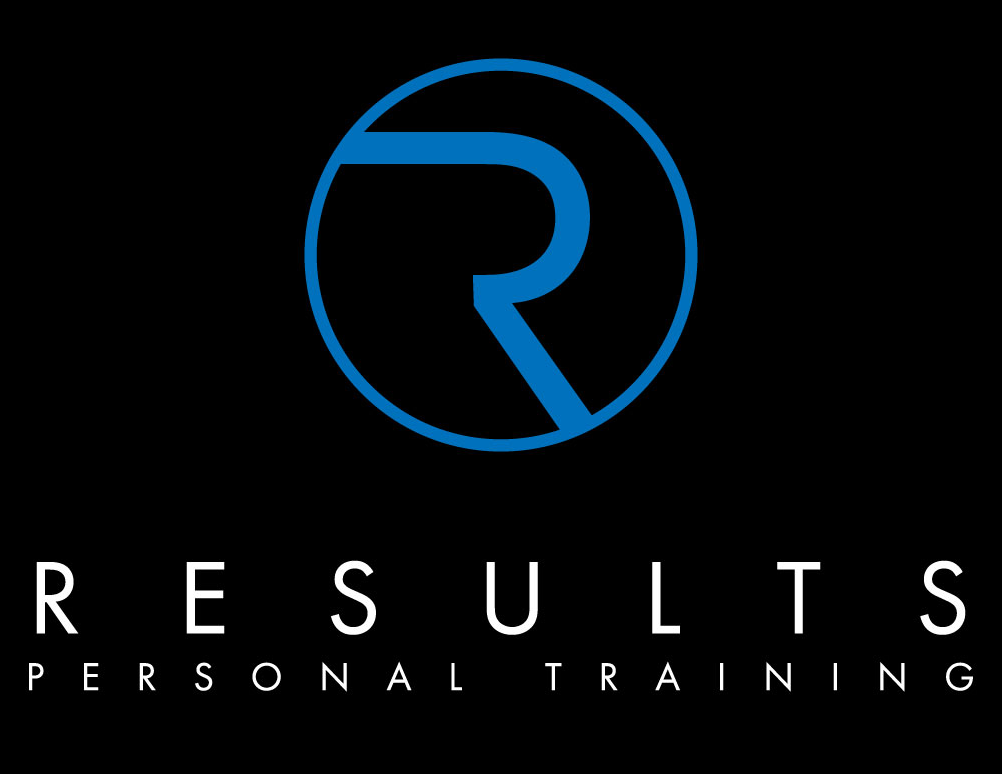Happy Monday!
I hope you all had a wonderful weekend.
For the Miller household it was a weekend of preparation for our trip this coming Friday. For those reading this that don’t know, on Friday we fly to LA where we spend 3 days in Venice beach and the surrounding areas. I will be doing a daily visit to Golds Gym in the hope of spotting Mr Schwarzenegger. (Krystie was fortunate enough to meet him and even has a picture taken with The Terminator).
Anyway after LA we fly to London and take a car to my parents place in Felixstowe. Felixstowe is an Edwardian seaside town and civil parish between the River Orwell and River Deben on the North Sea coast of Suffolk
A few days in Suffolk then we head to the Cotswolds to catch up with friends for a few days.
The Cotswolds are less than 2 hours from London and is one of our favourite places in the UK. From here we then get back on a plane and head to Colmar in France. Colmar is the east of France near the borders of Germany and Switzerland.
After a week of relaxation and hopefully a bit of skiing we then head back to London for the remainder of our trip and Christmas.
In today’s newsletter I thought I would share what Krystie and I do for jet lag.
How to Cure Jet Lag
I don’t know anybody that enjoys feeling nauseated, disorientated, super tired and unable to concentrate. But there are a few simple things you can do to mitigate the effects of jet lag
What is Jet lag
Simply, jet lag is a result of a misaligned circadian rhythm. Your body expects you to be sleeping (no light exposure, lowered body temperature, high levels of leptin) and it is thrusted into an environment that is full of light, food and warmth. It is a disconnection between what the body expects and what the body is given. Essentially a conflict between ‘’inner time’’ and ‘’outer time’’
The direction you travel can affect the severity of your jet lag. Most people seem to suffer far worse symptoms travelling east compared to west.
A New Zealand survey of international flight attendants found that while they were used to long-haul travel
- 90 percent suffered from increased tiredness over the first five days of arrival;
- 94 percent experienced a lack of motivation and energy;
- 93 percent reported broken sleep patterns
- 70 percent had ear, nose or throat problems.
The Protocol
Step 1 – The last meal before you get on the flight should be around 2 hours before hand. This meal would ideally be made up of protein and fats
Step 2 – Fast on the plane and drink lots of mineral water. In 2002, researchers put fasting to the test with 186 National Guard personnel deployed across nine time zones. In particular, they tested the fasting diet protocol known as Argonne, for its effects on jet lag symptoms. Those that fasted were 7.5 times less likely to suffer jet lag
Step 3 – On arrival eat a meal of protein and fats. Make sure you avoid alcohol this evening
Step 4 – Take 2-3 milligrams of melatonin 30 minute before bed time. Melatonin is made in both the pineal gland in the brain and in the gut. It’s your sleepy hormone and responsible for your bodies natural circadian rhythm
- Note – Melatonin is prescription only in NZ. If you’re travelling to a country where it is readily available you could pre order it to your place of arrival
Step 5 – Use Black-out blinds. Any light that seeps through the smallest crack in your window will trigger a decrease in melatonin and an increase in cortisol (the stress/energy hormone.
You want to go to bed at 10. If you land at 2 resist the urge to have a snooze in the afternoon. Expose yourself to sunlight and social interaction.
Step 6 – Working out at the same time. When you wake up in the morning you want to do a workout the exact same time you would in your natural time zone. If you usually workout at 6:30 am then you would want to workout at 6:30am in the new time zone.
- The best form of exercise would be some light cardio. Go barefoot. Though the research is limited it looks like barefeet on the earth (earthing) can help with recovery. The theory is that our bodies develop a positive charge that is slowly dispelled when we touch the earth. The earth itself has negatively charged electrons that balance the positive charge we accumulate when we’re disconnected.
Step 7 – Contrast showers. Through the day get plenty of sunlight exposure and if you begin to feel tired have a contrast shower. That is brief moments of hot water followed by longer bouts of cold water.
Step 8 – That evening reduce artificial light. As I mentioned in step 5, any light will raise cortisol and reduce melatonin. Artificial blue light is everywhere from the TV to your Ipad. I recently bought myself some blue light blocking glasses
There are also a few apps that you can download to block blue light
Android https://play.google.com/store/apps/details?id=com.urbandroid.lux&hl=en
Apple – Has a built in filter called ‘’nightshift’’ – go to setting a select.
Step 9 – Eat a carb rich dinner. Carbohydrates eaten at dinner time can help with serotonin production (a precursor to melatonin)
That’s it… follow these tips for no more jetlag!
Paul ‘Il be back’ and Krystie ‘earthing with croissants’ Miller





Recent Comments